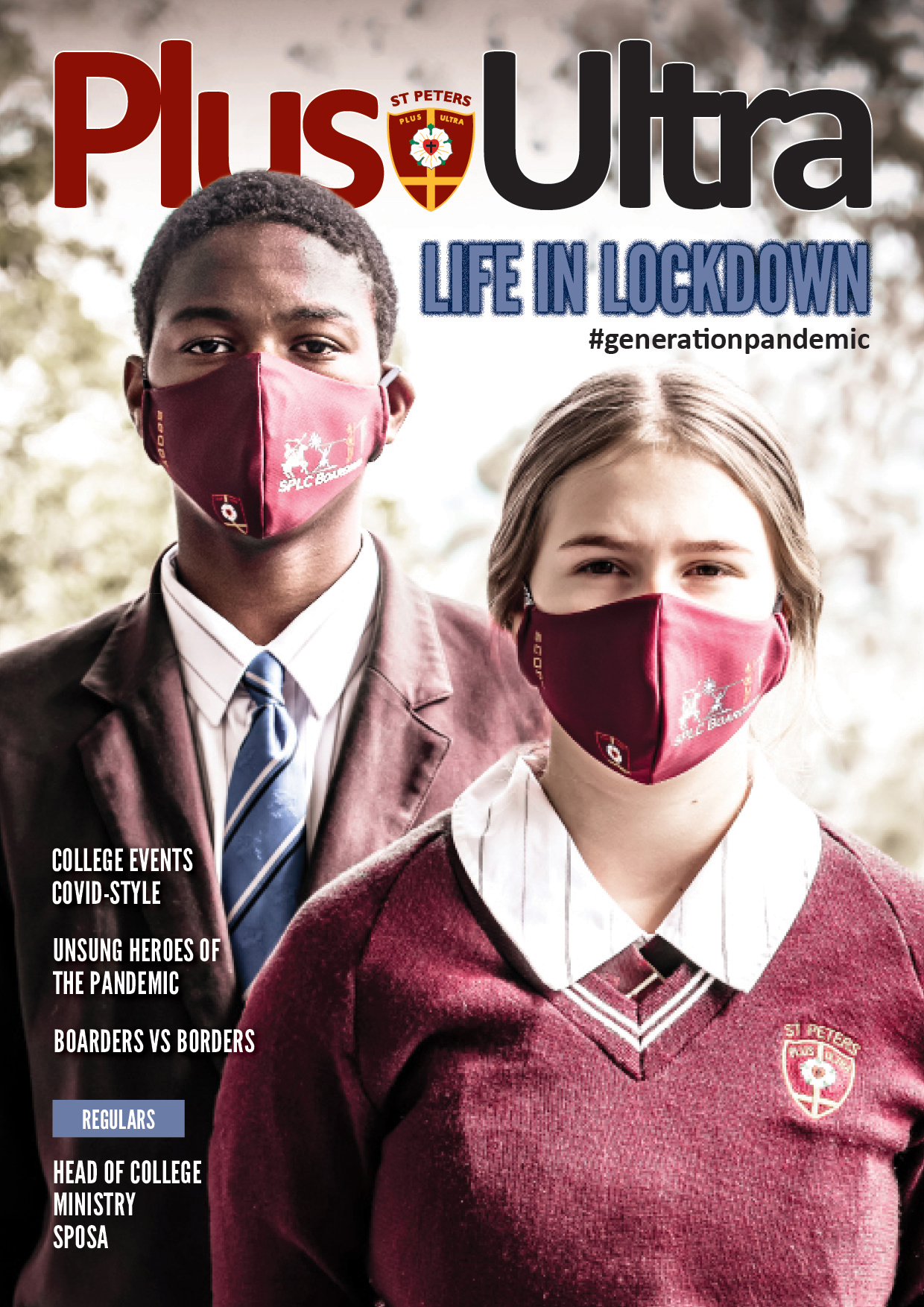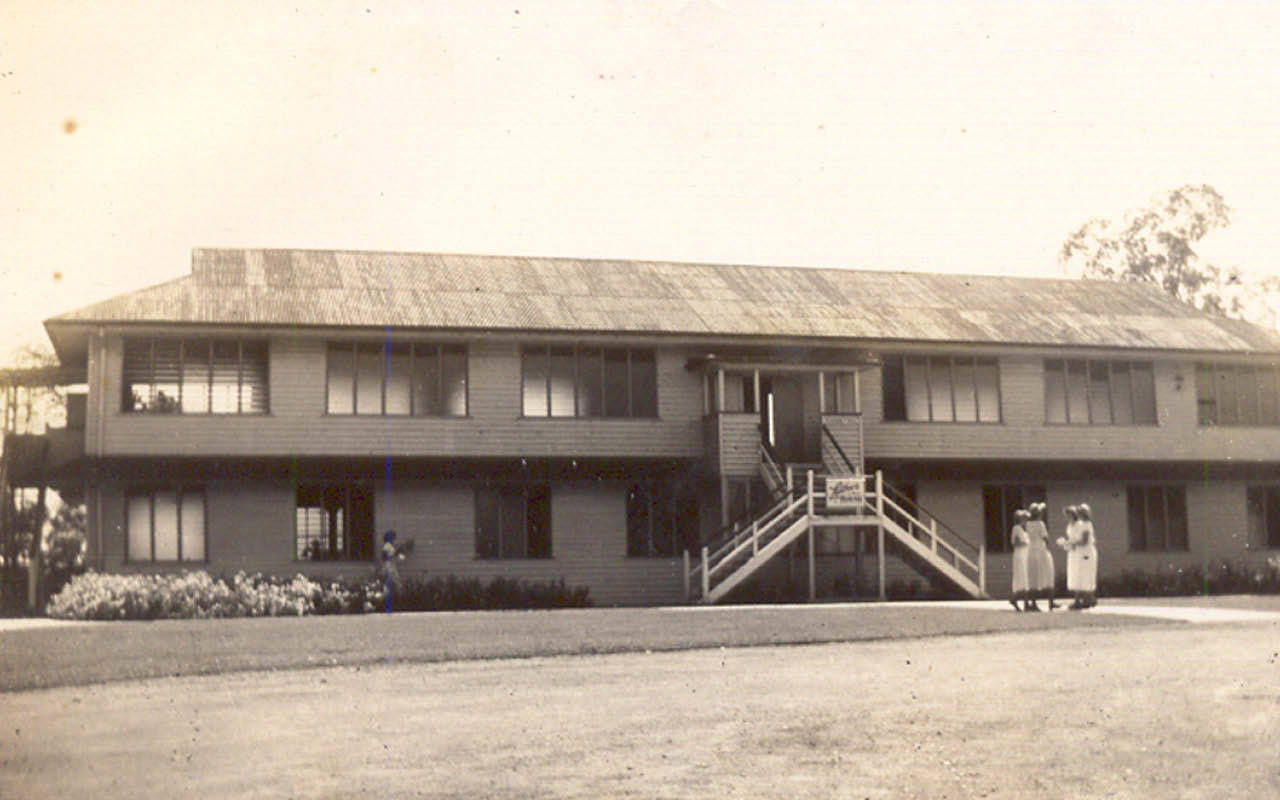End of term activities and early leave
As the end of year is rapidly approaching, the Primary Years teachers are now beginning to complete their reviews of the work that has been completed throughout the year. Observations and assessments will be occurring prior to the final written report being written. These are important times academically, but also from a social and emotional perspective, as children journey through to the conclusion of projects and activities. If you have booked early holidays, it is imperative that the College is aware of this so that teachers can ensure that your child has closure for the year prior to leaving. Please email your request for early leave through to p.carden@stpeters.qld.edu.au and copy the class teacher into the email.
Years 4-6 Presentation Morning
The date for our annual presentation morning has been set for Monday 30 November at 8.30am. Because of COVID-19 restrictions still in place in the College, this year the invitation for parents will be restricted to one parent only for each of our Year 6 students. Unfortunately, there will be no other parents invited to attend. We will, however, have this event live streamed and videoed for those parents wishing to view the ceremony. Further details will be sent out shortly.
Class compilation Requests
Thanks to everyone who sent through their correspondence about their child’s needs regarding class compilations for next year. This process has now closed. We will be busy creating the classes for next year throughout the holidays and will advise you of your child’s class prior to the beginning of the 2021 school year.
Clarification
Information in last week’s Rock regarding the celebration of our Rotary Peace Pole did not name the local indigenous language written on one side of this. Yagarr murrumba darrangu literally means make quiet/good on earth in the Yuggera Language. Apologies for any confusion or offence for this to have not been named in last week’s article.
The Power of Sorry
by Maggie Dent
Our boys tend to get into trouble more than our girls. There are lots of cultural and biological reasons for this but much of it boils down to the fact that boys are still soft-wired to be ‘mammoth hunters’, ready to react to any threat.
Generally, boys have more muscle than girls and, with that, a physicality that gets them in strife. There’s also brain research that shows that, while females tend to quickly shift emotions from the brain’s limbic system to the word centres of the brain, males tend to shift them into their bodies.
This is more obvious as our boys become teens as they can be as big and strong as men, but their brains are under construction and their bodies are flooded with testosterone.
Author and counsellor Michael Gurian writes that boys tend to seek external measures of success to feel good about themselves. It is critical they maintain credibility and status in the eyes of the ‘tribe’… that’s their peers, not you.
Inevitably, all this means your son will probably make many mistakes; or hurt himself; hurt someone else; or make a very poor, thoughtless, seemingly stupid or cruel choice.
React with compassion, not shame
How you react as a parent can significantly impact how your son recovers from mucking up. Your first reactions may be anger, disappointment or the urge to discipline harshly. However, there are other ways of reacting that can strengthen your bond with your son and ensure he learns from the experience through growth rather than shame.
Listen to him, guide him to see the impact of his poor choice, help him make it right, forgive him and ask him what he might do next time he’s in the same situation.
Break down the old male-code
This code told us that men don’t apologise as it’s a sign of weakness. One of the most powerful things we can teach our boys is that when we make mistakes, we own up to them and we apologise if need be. Teach your boys that saying sorry when they really mean it is a sign of courage and strength, not the opposite. It is also about taking responsibility for your actions, which is important for boys to learn. They need to see the men in their lives – particularly dads – apologise.
Don’t force an apology
Forcing a boy to apologise can be problematic. A genuine apology is very different to a forced apology. A genuine apology has a real sense of remorse attached to it. Coach your son to see the situation through the other person’s eyes. If someone has been impacted, he needs to apologise and make amends even if he didn’t intend for the consequences of his poor choice to happen. It doesn’t mean he’s wrong. It just means his choice affected someone.
Embrace failure
To help your son better learn about failure, have conversations about things you hear in the media where boys and men have experienced failure and recovered. Steve Smith, the former captain of the Australian cricket team who was involved in a ball-tampering scandal, is a great example. He owned his mistake, publicly apologised, paid his dues and went on to have a very successful return to cricket.
Your son is going to make poor decisions repeatedly until he has enough myelin in his brain to be more mindful of the choices he makes. That is just a fact of life. As parents, your job is to, day-by-day, help your son learn a culture of accountability without a need for severe punishment, shaming or ridicule.
Maggie Dent
Commonly known as the ‘queen of common sense’, Maggie Dent has become one of Australia’s favourite parenting authors and educators, with a particular interest in the early years, adolescence and resilience. She has written seven major books including the bestselling Mothering Our Boys and her 2020 release, From Boys to Men. Maggie is host of the ABC podcast, Parental As Anything. For further details visit maggiedent.com





